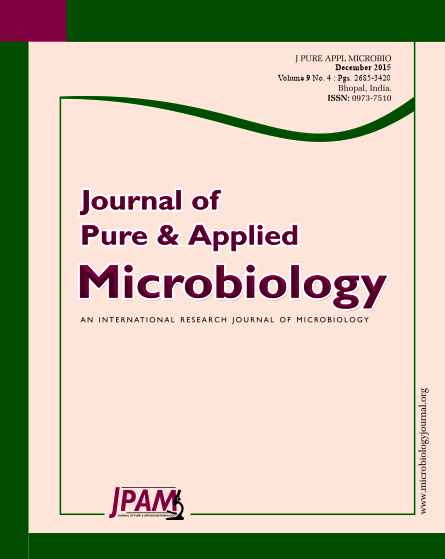Non-steroidal anti-inflammatory drugs (NSAIDs) are commonly used in clinical medicine. Their utility is, however, often limited by the adverse effects they produce in the gastrointestinal tract. Oxidative stress has been shown to occur in the small intestine in response to the oral administration of indomethacin. In view of this, the effect of thyme, an agent with anti-oxidant properties, was evaluated on indomethacin-induced small intestinal damage in a rat model. The major components of thyme essential oils were determined by gas chromatography mass spectrometry. Tissues morphology affected by indomethacin, with and without treatment with thyme, was measured. The small intestine morphology (villus height, villus width, crypt depth and crypt width of duodenum, jejunum and ilea) from indomethacin-treated animals with thyme was significantly improved than those from indomethacin animals. Treatment with thyme was found to ameliorate these drug-induced changes. Thus, thyme appears to hold promise as an agent that can potentially reduce non-steroidal anti-inflammatory drugs induced small intestinal damage.
Indomethacin, Small intestine, Thyme.
© The Author(s) 2015. Open Access. This article is distributed under the terms of the Creative Commons Attribution 4.0 International License which permits unrestricted use, sharing, distribution, and reproduction in any medium, provided you give appropriate credit to the original author(s) and the source, provide a link to the Creative Commons license, and indicate if changes were made.


